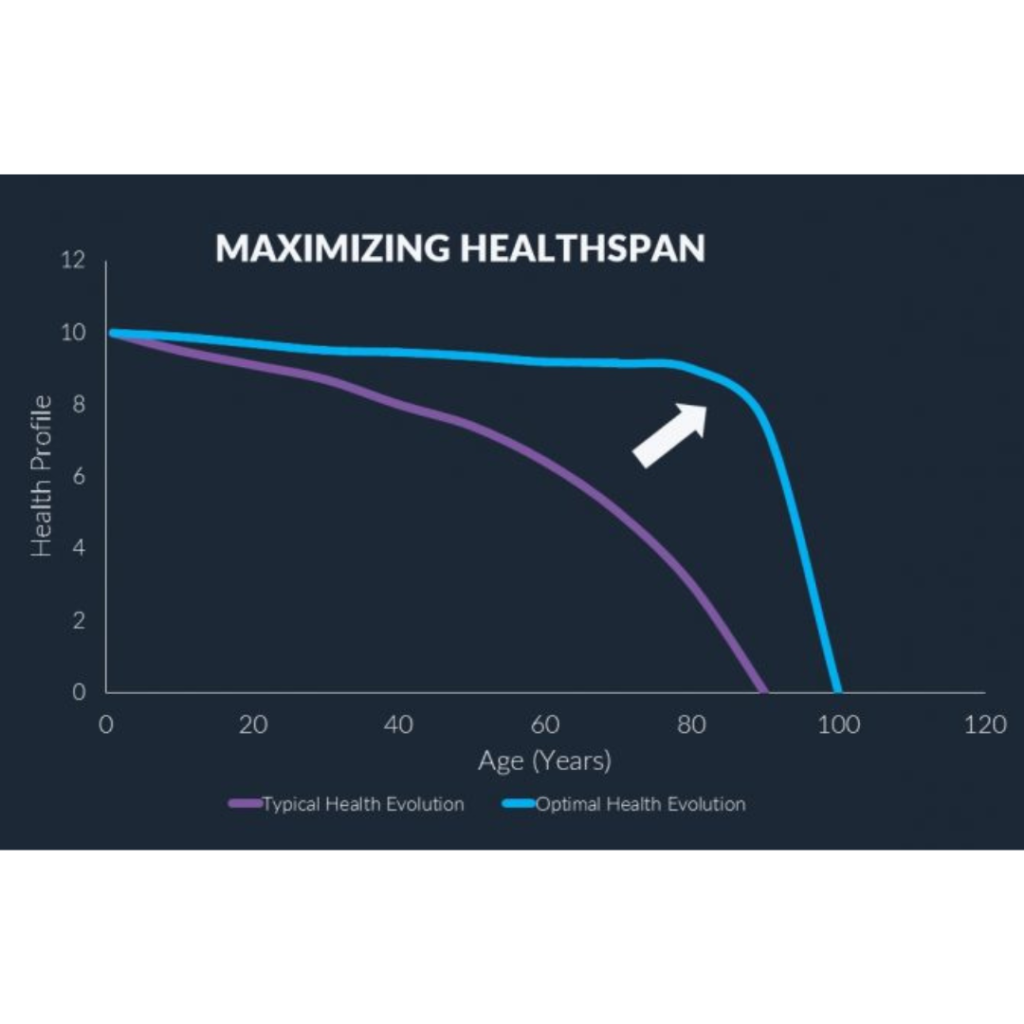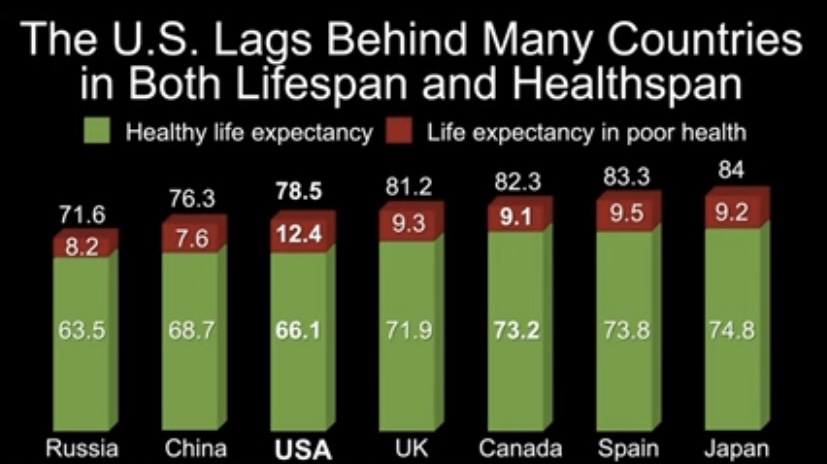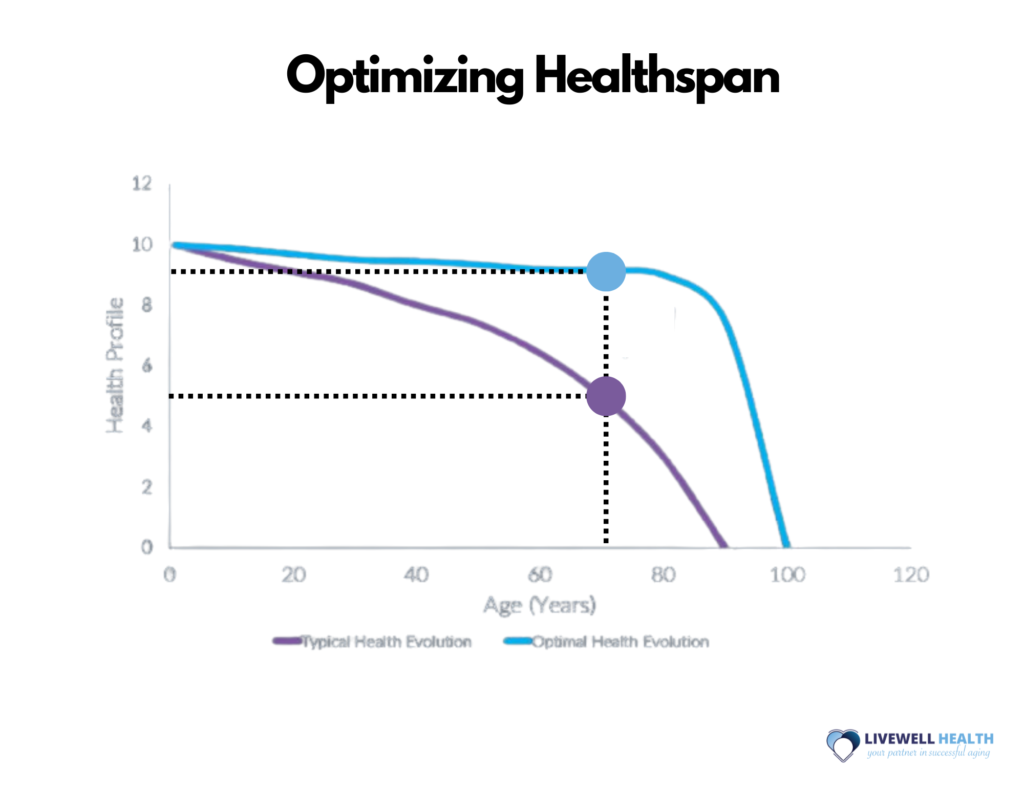June 30, 2022

Life expectancy is often referred as one of the metrics we utilize to define health status and healthcare in the United States. Unfortunately, this may be one of the most misleading statistics to date.
Let Me Tell You Why
A great deal of discussion revolves around life expectancy being skewed early on due to child mortality rates. Childbirth and all that comes with it, has evolved over many decades. Elevated child mortality rates drove life expectancy rates down many years ago. Therefore as technology progressed, and as the medical society learned more about the process of childbirth, we were able to save more lives of children and mothers, thus allowing for life expectancy to rise. So, have we really seen an increase in life expectancy? Well, yes, we have, but how much can we attribute to greater health and how much can we attribute a decrease in child mortality rates? That’s up for discussion…
Life Expectancy Means Nothing
If life expectancy is a stastisic not worth reviewing, then what it is?
Healthspan.
Life expectancy is defined as the years one is expected to live. Healthspan is defined as the years of one’s life spent in good health, free of disease and disability. Let us provide an example. Let’s say life expectancy is 78 years, but healthspan is 66 years, would you accept 12 years of your life in poor health? Probably not, right? The harsh reality, those are the facts here in the United States. The United States scores among the worst when it comes to years spent in good health versus life expectancy. On average, the final 12 years of one’s life is spent in poor health if you are living in the United States.
Learn more by watching this video.

What Can Be Done?
This is one of the many reason there are countless individuals advocating for a proactive approach to one’s health, including us at LiveWell Health. We are firm believers that one should attempt to be as healthy as possible throughout their entire life but, we understand that cannot always be possible. Various tasks take precedence over our health, which again, is understandable at times, but without our health what do we truly have?
A shift is necessary in American culture. If the average retirement age stands around 66 to 67 years of age, one can expect poor health to begin immediately after they retire. That sounds terrible, doesn’t it? You just worked for 40, maybe even 50 years of your life, only to now spend 12 years in poor health. Sheesh, some deal that is. Where do I sign up for something else?
The key is a proactive approach. As mentioned, individuals should attempt to live their entire life with an emphasis on lifestyle factors that promote healthy living such as exercise and adequate nutrition. If you haven’t been able to, it’s okay, you can still make a change as you approach retirement or find yourself in the early years of retirement. However, you must get started! If we can shift the approach in the United States to push individuals to become the healthiest versions of themselves at or just before retirement we would see stark differences in the statistics shared today.
Let’s Compare

The image above depicts two scenarios. The blue line indicates the health profile of an individual who decided to pursue greater health at retirement. At the age of 70 they are seemingly independent, with little to no help necessary when it comes to everyday living. The purple line is what typically occurs here in the United States. Retirement is a time of relaxation, little to no worry, and avoiding thoughts of the future. We have all seen various scenarios unfold, and we simply think to ourselves, “that won’t happen to me”. Unfortunately, many are not taking the necessary actions to live out their retirement dreams, many will find themselves in poor health before they are ready, they will be wishing they had done something sooner.
Our Message to You
Those nearing retirement, or in the early stages of retirement must begin to think about what they want their life to be like in terms of 5, 10, and 15 years. The period immediately following retirement will ultimately set the course for years to come. Do yourself a favor, put your health first, exercise daily, learn a new skill, and most importantly ensure you are eating well balanced nutritional meals.